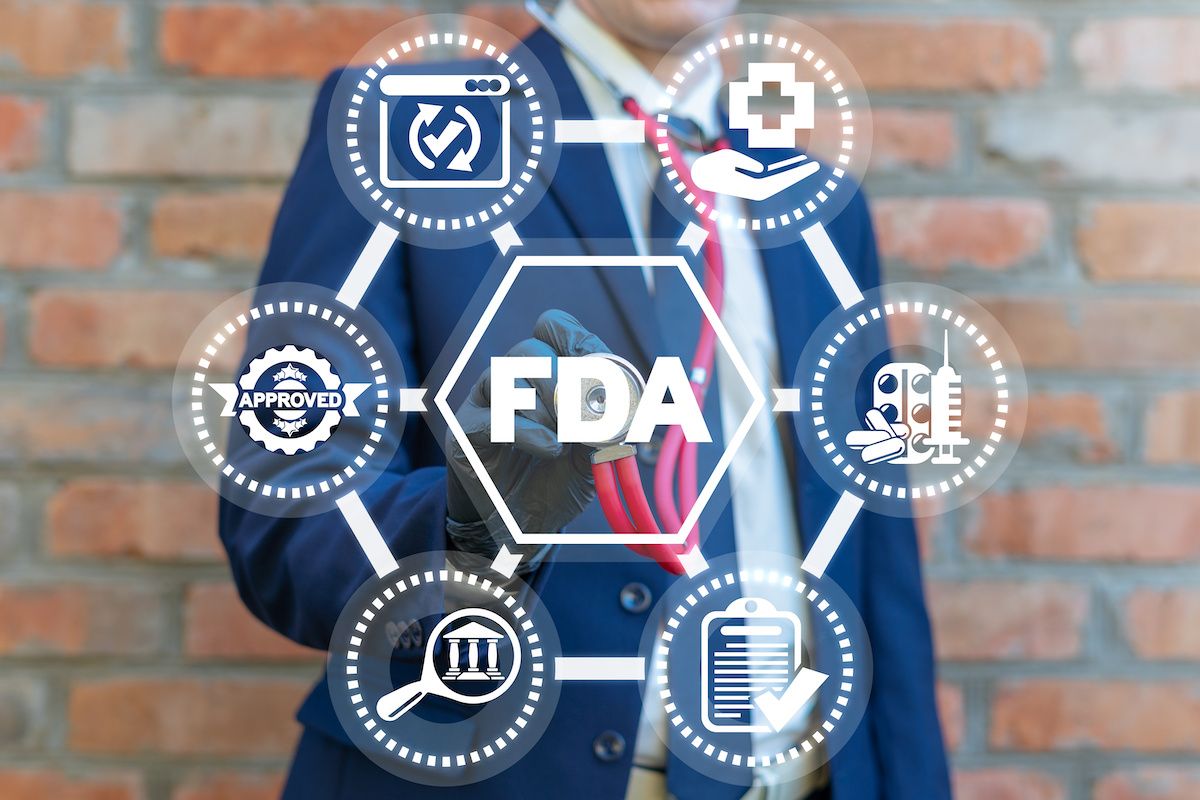- Bone Health
- Immunology
- Hematology
- Respiratory
- Dermatology
- Diabetes
- Gastroenterology
- Neurology
- Oncology
- Ophthalmology
- Rare Disease
- Rheumatology
FDA Approves Henlius’ Trastuzumab Biosimilar, Hercessi
The approval marks the sixth for a biosimilar referencing Herceptin (trastuzumab) for the treatment of HER2-positive breast and gastric cancers.
The FDA has granted approval for Shanghai Henlius Biotech’s trastuzumab biosimilar, Hercessi (trastuzumab-strf; HLX02), for the treatment of HER2-positive breast cancer. The approval marks the sixth for a biosimilar referencing Herceptin (trastuzumab) and first overall for the company in the US.
Image credit: wladimir1804 - stock.adobe.com

As part of its licensing agreement with Henlius, Accord BioPharma, a specialty division of Intas Pharmaceuticals, will be responsible for obtaining regulatory approval as well as commercializing and developing HLX02 in the United States and Canada.
“Our first FDA-approved biosimilar is an important achievement for our U.S. specialty business, but we’re just getting started. We aspire to deliver one of the deepest portfolios of biosimilars to patients and providers alike, and to help the U.S. health system achieve significant savings,” said Binish Chudgar, vice chairman and managing director, Intas Pharmaceuticals. “Our vision to make affordable medicines available forms the bedrock of the company, and this work advances that vision to provide value and promote access for all the key stakeholders we engage along the treatment journey.”
The approval comes after Henlius submitted a biologics license application for the biosimilar in February 2023. The application included a robust data package showing biosimilarity between Hercessi and Herceptin patients with HER2-positive recurrent or metastatic breast cancer.
Breast cancer ranks as the second most commonly diagnosed cancer. The American Cancer Society projects that over 370,000 new cases of breast cancer will be identified in the US in 2024, marking it as the leading cancer type in terms of incidence and demonstrating an annual increase. Approximately 15% to 20% of breast tumors fall under the category of HER2-positive breast cancers. In contrast, reported rates of HER2 positivity among patients with gastric cancer vary between 12% and 23%.
HER2-positive breast cancer is characterized by its rapid growth, tendency to metastasize, and likelihood of recurrence, according to the Abramson Cancer Center at Penn Medicine. Despite its aggressive nature, HER2-positive cancer shows a more favorable response to treatments that specifically target HER2 proteins in breast cancer therapy.
HLX02 has been approved in over 40 countries and regions, expanding access to trastuzumab therapy for 180,000 patients worldwide. It was approved in Europe in July 2020 and in China in August 2020. In China, the product is marketed as Hanquyou.
"Our patient-centered approach has led us to unwaveringly explore high-quality, effective, affordable and accessible treatment options, and our determination to promote HLX02 in more than 40 markets around the world is Henlius' response to patients' concerns. We look forward to reaching more patients in North America and providing them with more cost-effective access to high-quality biologics," commented Jason Zhu, executive director, CEO, and chief financial officer at Henlius.
Newsletter
Where clinical, regulatory, and economic perspectives converge—sign up for Center for Biosimilars® emails to get expert insights on emerging treatment paradigms, biosimilar policy, and real-world outcomes that shape patient care.
